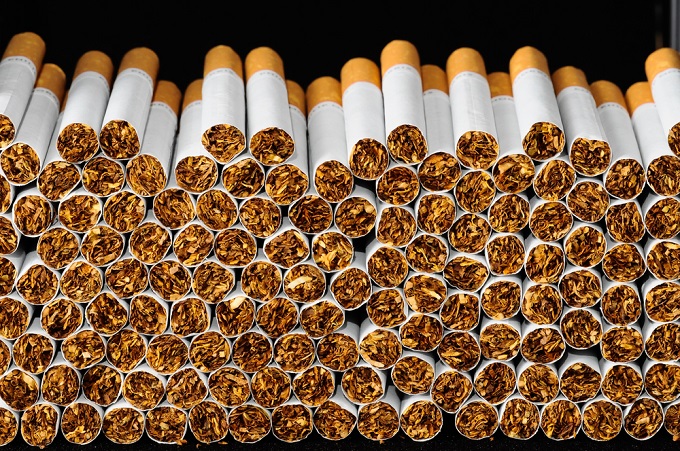ISLAMABAD: As the lawmakers complain that manufacturing of substandard cigarette is causing an increase in mouth cancers among smokers in the country, Ministry of Commerce (MoC) claims that the farmers were largely growing Non-Recommended Verities (NRVs) of tobacco having chemical compositions that make the manufacturing of cigarette unfit.
Briefing National Assembly’s Standing Committee on Commerce and Textile Industry, which met here on Thursday with its chairman Siraj Muhammad Khan in the chair, officials of Ministry of Commerce (MoC) say farmers produce seeds from tobacco plants on their own and sow it during the next season. Over the years, due to mutation, these varieties have developed a chemical composition which is not fit for quality cigarette manufacturing.
According to MoC officials, though Pakistan Tobacco Board (PTB), which is a statutory body to promote tobacco cultivation on the scientific line for meeting domestic demand and also for export, advises tobacco farmers through print electronic media about giving up production of such tobacco, it is unfortunately still produced.
Pakistan Tobacco Company (PTC) has distributed Cultivar Suaza Cruz (CSC) variety seeds to farmers without recommendation and approval of PTB. The plant of this variety if left unattended can grow up to 55 leaves, while the recommended number of leaves is 25. The extra leaves at the top are thin and turn dark during the process of curing. Besides, farmers have complaints regarding burn darkening of tobacco during the curing process. PTB has asked PTC to submit a report on the matter. However, the reply is still awaited.
Earlier the members of the committee showed their reservations over the substandard cigarette being produced in the country. Tahira Aurangzeb said that the substandard cigarette is causing mouth cancer and other diseases among smokers.
Shehzadi Umarzadi Tiwana, another member of the committee suggested more taxes to be levied on production and sale of cigarette to discourage increasing usage of the items, especially among youth.
Chairman of the committee claimed that at least 0.5 million ton Tobacco Pan Masala, which is highly injurious to health, are being produced in the country.
PTB Chairman Syed Suhail Altaf claimed that the quota of producing cigarette is fixed as per demand. The quota of manufacturing firms is usually set less than the production of tobacco in the country. He said in a bid to discourage use of tobacco among youth, license system at the retail level was being introduced in the country.
However, Tobacco Growers Association Chairman Liaqat Yousufzai said that due to reduced quota, growers had faced Rs 1.5 billion loss during the last financial year. He said 80 million kilogram tobacco was expected to be produced this year. ‘
The MoC officials, while briefing the committee about the tobacco industry, said tough tobacco is grown over 0.205 per cent of the total cultivated land of Pakistan, the crop plays an important role in Pakistan’s economy by generating income and employment in tobacco fanning, manufacturing, distribution and retailing.
According to them a workforce of 350,000 is directly and indirectly employed in the tobacco industry, which generates an annual income of around Rs 300 billion and is a source of livelihood for 1.2 million people. There are 75,000 tobacco growers who produce tobacco all over Pakistan. Out of these more than 45,000 growers are located in Khyber Pakhtunkhwa producing 95 per cent of Flue Cured Virginia over an area of 30,000 hectares in the districts of Swabi, Mardan, Charsadda, Butler and Mansehra. On average 80-85 million kg of FCV, which is the main ingredient of cigarettes, is produced by growers of these districts every year.
The Sector is also one of the main contributors to the government exchequer and generated more than Rs 84.4 billion in Federal Excise Duty Sales Tax in the financial year 2015-16.
Apart from local consumption, tobacco and its products were also being exported to various countries including Bangladesh, Afghanistan, Egypt, USA, Malaysia, Sweden, UAE, Yemen, UK, South Africa etc. To maintain or increase the exports of the item, compliance with international quality and standard was also needed, said the officials.




